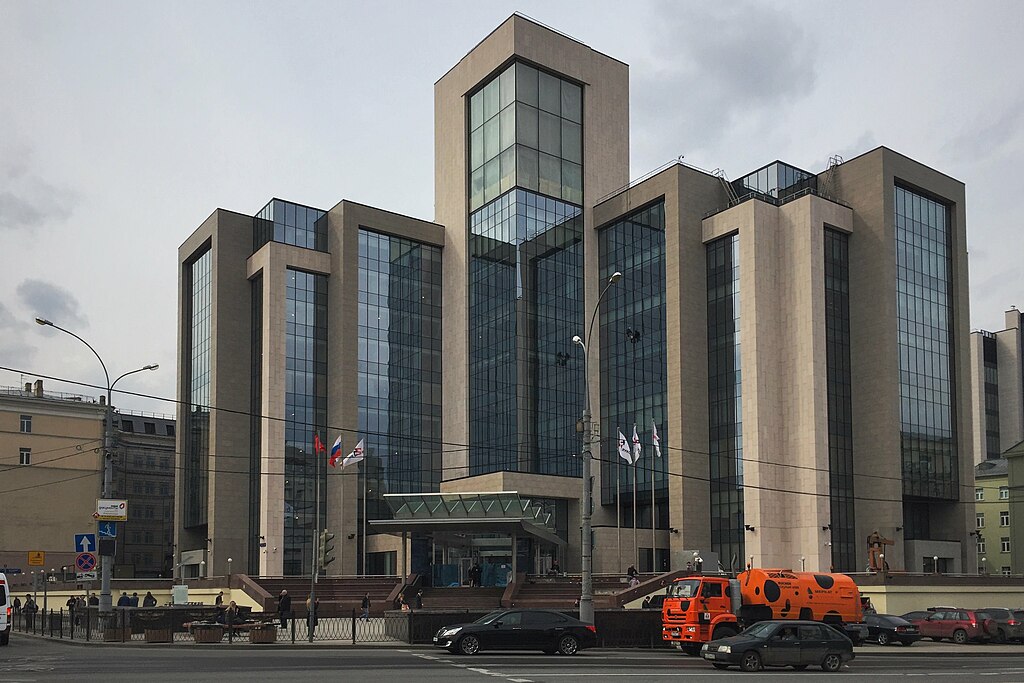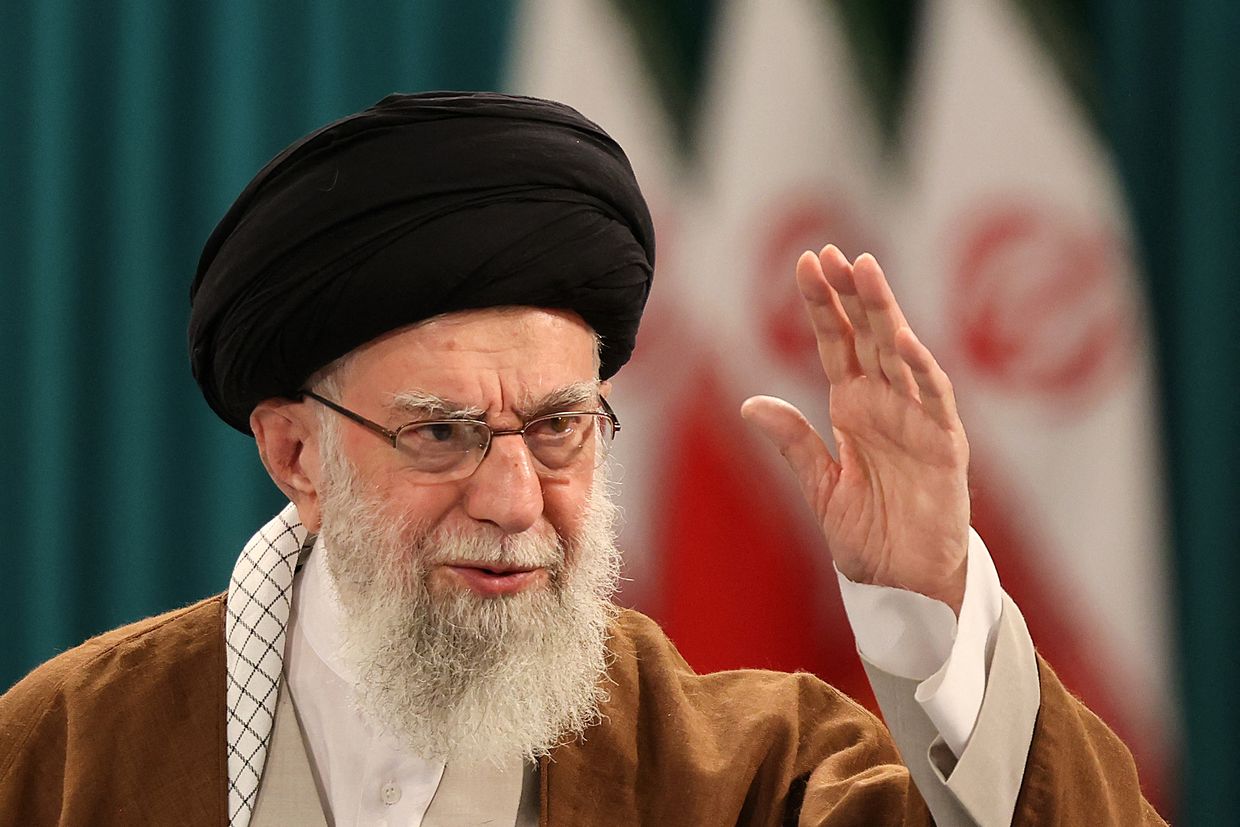Reuters: US firm Carlyle seeks to buy Russia’s Lukoil foreign assets

US private equity firm Carlyle is considering acquiring Lukoil’s foreign assets, Reuters reports. The potential deal is unfolding under the pressure of a looming 21 November deadline, when Washington's sanctions will block all transactions with the Russian oil giant.
Carlyle "exploring options to buy" Lukoil’s global oil assets before sanctions lockout
American company Carlyle has begun exploring the purchase of Lukoil’s foreign holdings, sources familiar with the situation told Reuters. The assets are estimated at $22 billion and include refineries, oilfields, and fuel stations across multiple continents. Carlyle has informed Lukoil of its interest but has not yet begun due diligence.
Before it can proceed, Carlyle plans to apply for a US government license to make the deal legal under existing sanctions. The firm could still walk away from the deal, Reuters reports, depending on the outcome of the license application and timing constraints.
Gunvor pushed out after US calls it Kremlin “puppet”
Lukoil had previously tried to sell the same assets to Swiss commodities trader Gunvor. But the US Treasury blocked the transaction, Reuters reported, labeling Gunvor a Kremlin “puppet.” The move forced Gunvor to withdraw. That left Carlyle, which experts told Reuters is more likely to win approval from Washington.
Lukoil has applied for an extension of the 21 November deadline, Reuters reported earlier this week. If the deadline stands, deals involving the company will be banned after that date.
$22 billion portfolio spans oilfields, refineries, and retail stations worldwide
Lukoil’s foreign assets produce 0.5% of the world’s oil and include three refineries in Europe, stakes in oilfields in Kazakhstan, Uzbekistan, Iraq, Mexico, Ghana, Egypt and Nigeria, and hundreds of fuel stations — including some in the US.
The company’s total global output amounts to about 2% of worldwide oil production. Its foreign portfolio, based on 2024 filings, is valued at roughly $22 billion.









